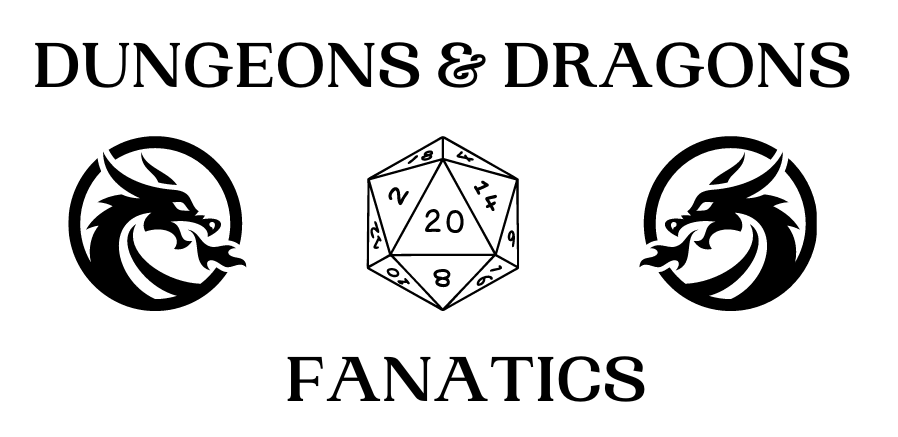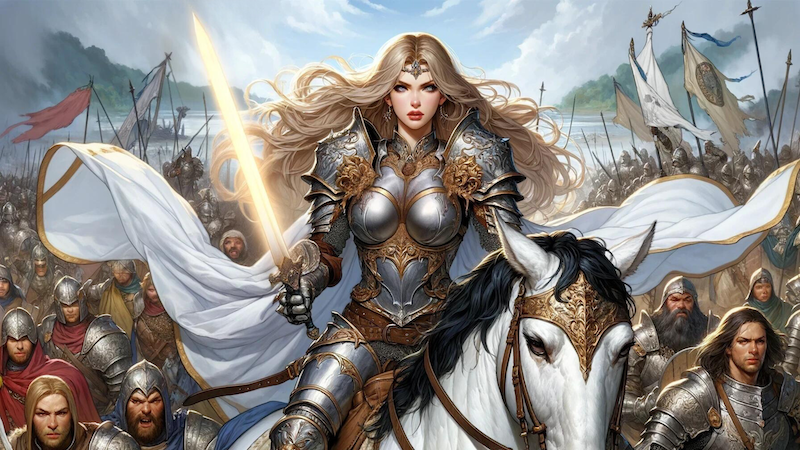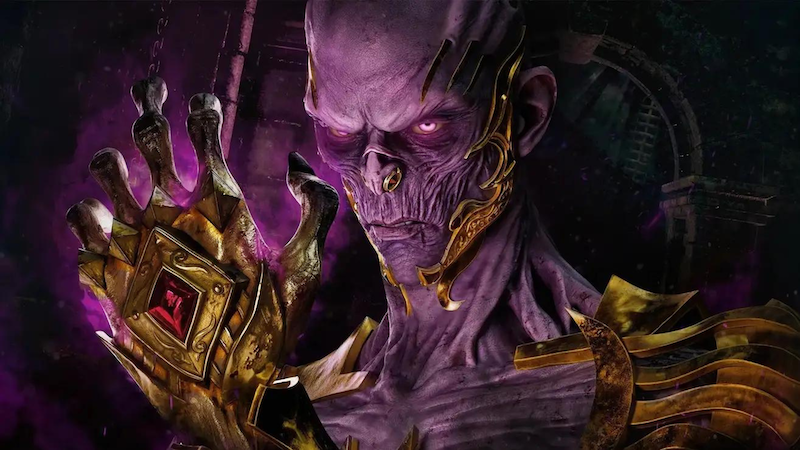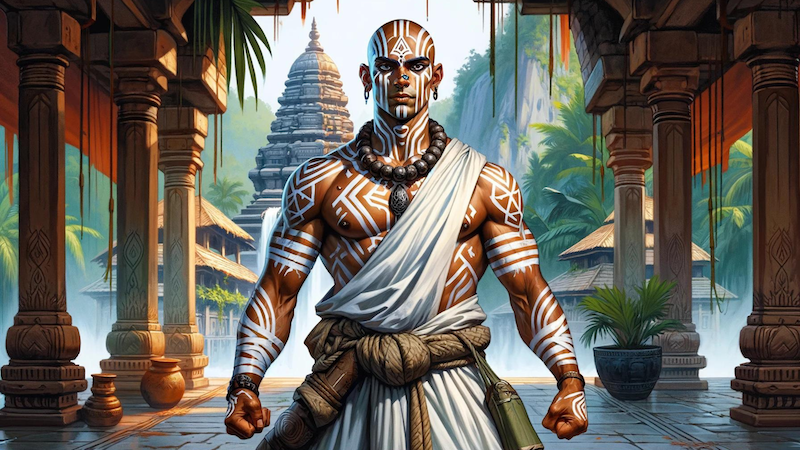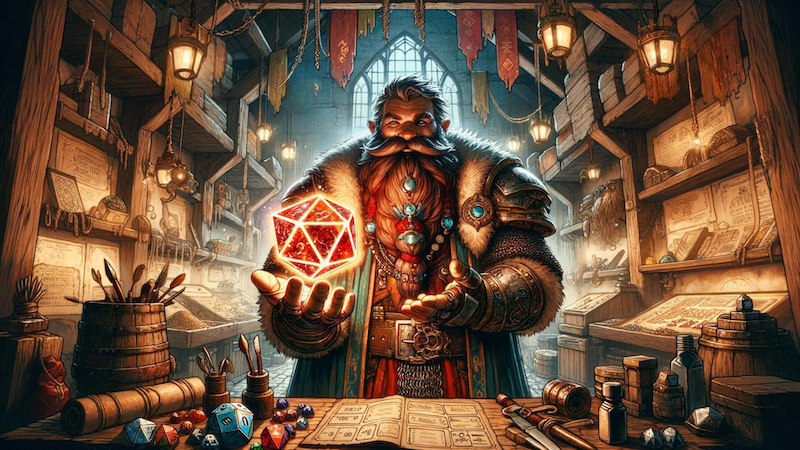

D&D Open Game License Not Going Away, Says Wizards of the Coast
Dungeons & Dragons publisher Wizards of the Coast has officially weighed in on the recent uproar surrounding the D&D Open Game License (OGL); a set of legal guidelines detailing which specific D&D materials can be used in published third-party materials.
Posting an official statement on D&D Beyond, Wizards of the Coast offered the following clarification: “The OGL is not going away. You will still be able to create new D&D content, publish it anywhere, and game with your friends and followers in all the ways that make this game and community so great. The thousands of creators publishing across Kickstarter, DMsGuild, and more are a critical part of the D&D experience, and we will continue to support and encourage them to do that through One D&D and beyond.”
The response comes hot on the heels of a heated online discussion around an “Open D&D”, with rumors circulating that Wizards of the Coast was planning to scrap the OGL as part of their upcoming One D&D game system, a move which (if true), would have put multiple third-party publishers out of business.
The rumour was likely further exacerbated by a number of fans expressing outrage in the wake of a recent investors call in which Wizards of the Coast President Cynthia Williams claimed that the D&D brand was “under-monetized.”


What will change with the OGL in 2023?
The Wizards of the Coast release suggests that fans concerns about the OGL being scraped have been largely unfounded. In fact, the OGL will be included in One D&D, and third-party publishers will continue to be able to create and profit off materials.
There are, however, a few minor update which were indicated in the official post:
- Over $50K in profits must be reported: Creators who make over $50,000 using the OGL must now report their annual income to Wizards of the Coast, a move which will allow them to better understand the third-party market and potential partnership opportunities, since this sales data would not otherwise be available.
- Over $750K in profits must pay royalties: Starting in 2024, any creators who make over $750,000 in profit will need to pay royalties. Wizards of the Coast, however, has indicated that there are only a handful of publisher who meet this threshold. Any existing companies or individuals who have custom agreements with Wizards will be unaffected by this change
- Official OGL badge must be included: Creators will have to put an official OGL badge on their products, which will clarify what is and what isn’t One D&D compatible. While creators have been putting “compatible with 5e” on their products for some time now, this means a single logo/typeform will now be used going forward.
- Clearer language for some products: The new OGL will also be tightening up the language that has allowed for a number of products to be devleoped over the years that are technically in violation of the rules. Specifically, this includes miniatures, novels and NFTs – all of which are not allowed under the current OGL guidelines but will be more specifically banned in the update.


What’s Next for One D&D OGL?
In the official post, Wizards of the Coast has indicated that they will release a new “version 1.1” of the OGL sometime in early 2023. The release adds: “The OGL needs an update to ensure that it keeps doing what it was intended to do—allow the D&D community’s independent creators to build and play and grow the game we all love—without allowing things like third-parties to mint D&D NFTs and large businesses to exploit our intellectual property.”
In the meantime, it seems that the fan uproar online has been unfounded and the reports of the death of the OGL have been greatly exaggerated. We’ll be keeping a close eye on this story as its develops and will update with more information as it’s made available.
More D&D News Coverage
For more from the world of Wizards of the Coast, visit our D&D News page.


